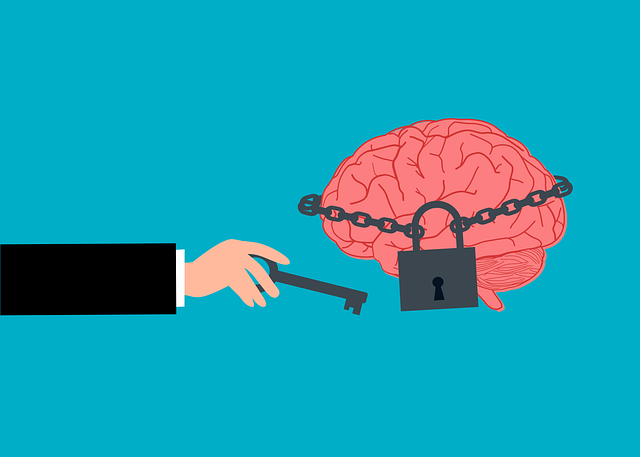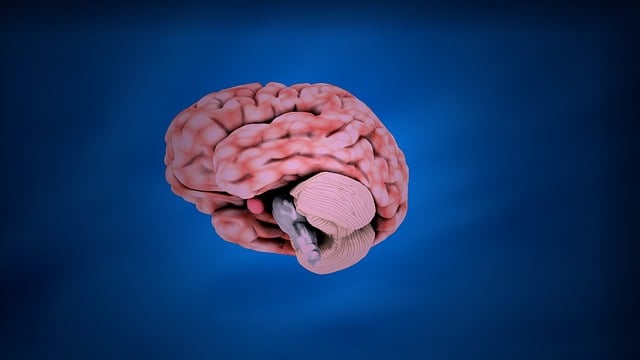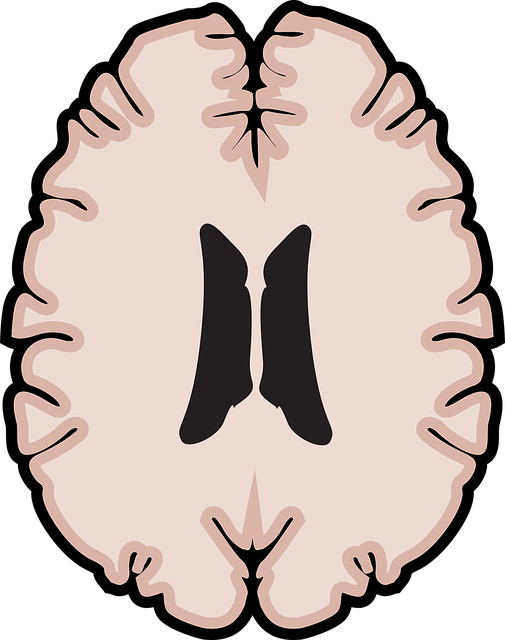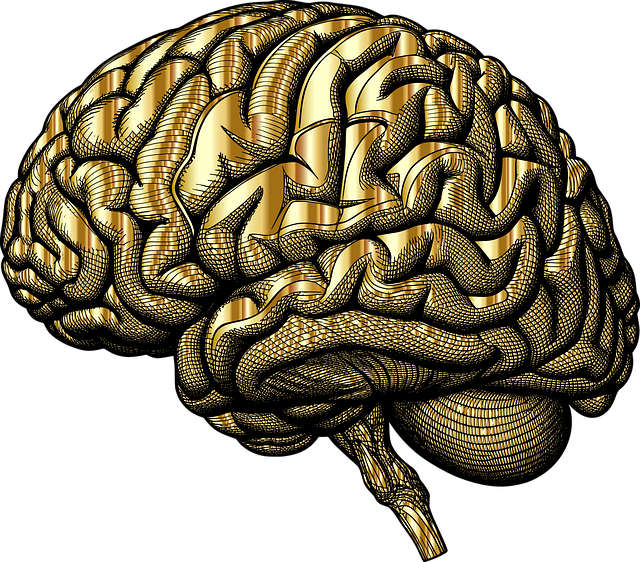Children abuse survivors can break free from trauma's cycle and build resilience through therapy-driven coping skills development. Personalized approaches like CBT and mindfulness teach effective strategies to challenge negative thoughts, regulate emotions, and process experiences safely. Regular sessions enhance emotional intelligence, improve relationships, and empower individuals to take charge of their mental wellness. Specialized therapy equips survivors with tailored stress reduction methods, fostering emotional stability and personal growth.
Coping skills development is a vital process for survivors of childhood abuse, offering them tools to navigate trauma’s aftermath. This article delves into the significance of fostering effective coping mechanisms, particularly for young individuals. We explore strategies to identify suitable coping mechanisms tailored to children and adolescents, emphasizing the role of therapy in enhancing their well-being. Through integrating therapeutic approaches, we aim to highlight how survivors can build resilience, ensuring long-term mental health and a brighter future. Discover practical insights on therapy for children abuse survivors and empowering them to heal.
- Understanding Coping Skills and Their Significance for Survivors of Childhood Abuse
- Identifying Effective Coping Mechanisms for Children and Adolescents
- Integrating Therapy into the Coping Skills Development Process
- Fostering Resilience and Long-Term Well-being Through Coping Strategies
Understanding Coping Skills and Their Significance for Survivors of Childhood Abuse

Coping skills are adaptive behaviors and strategies that individuals use to manage stress, overcome challenges, and maintain emotional well-being. For survivors of childhood abuse, developing robust coping mechanisms is a vital aspect of their therapy and journey towards recovery. These skills empower them to navigate life’s difficulties and prevent the recurrence of traumatic experiences. In the context of therapy for children abuse survivors, helping them uncover and cultivate inner strength is a key focus.
Understanding one’s coping skills becomes essential in fostering mental health awareness. By learning effective strategies, survivors can transform their responses to stressful or triggering situations. This process involves identifying healthy coping mechanisms like mindfulness, emotional expression through art or writing, engaging in physical activity, or seeking social support. Enhancing these skills not only aids in depression prevention but also promotes overall resilience and a sense of control over one’s life, which is crucial for breaking free from the cycle of abuse and fostering personal growth.
Identifying Effective Coping Mechanisms for Children and Adolescents

Identifying effective coping mechanisms is crucial for children and adolescents who have experienced trauma or abuse. It’s essential to recognize that what works for one person may not work for another, so a personalized approach in therapy for children abuse survivors is vital. Through specialized treatments like cognitive-behavioral therapy (CBT) and mindfulness practices, professionals can help young individuals develop healthy coping strategies tailored to their unique needs. CBT equips them with tools to challenge negative thought patterns and replace them with positive thinking, while mindfulness techniques teach present-moment awareness and emotional regulation.
Addressing the Mental Illness Stigma Reduction Efforts is integral to this process, fostering a safe space for children to express their feelings without fear of judgment. By incorporating Mind Over Matter principles, therapy encourages resilience and self-efficacy, empowering young survivors to navigate challenges and build a brighter future.
Integrating Therapy into the Coping Skills Development Process

Integrating therapy into coping skills development is a powerful approach for individuals, especially children who have survived abuse. Therapy provides a safe and structured environment where survivors can process their experiences, emotions, and traumas in a healthy way. This process is crucial for building mental wellness and fostering emotional intelligence. Through therapy, survivors gain essential tools like communication strategies that enable them to express their feelings and needs effectively, enhancing their overall well-being.
Mental wellness journaling exercises can be a valuable guidance within therapy. It encourages individuals to reflect on their emotions, track progress, and identify triggers or coping mechanisms that work best for them. By combining therapy with these personal practices, survivors are empowered to take charge of their emotional health. Additionally, emotional intelligence, developed through regular sessions, helps individuals understand and manage their feelings, leading to improved relationships and enhanced problem-solving abilities.
Fostering Resilience and Long-Term Well-being Through Coping Strategies

Fostering resilience and long-term well-being is achievable for individuals who have experienced trauma, especially when equipped with effective coping strategies. Therapy for children abuse survivors plays a pivotal role in equipping them with the tools to navigate life’s challenges. Through specialized therapy sessions, survivors can learn self-care practices that include stress reduction methods tailored to their unique needs. This proactive approach empowers them to manage triggers and symptoms associated with trauma, promoting emotional stability and resilience over time.
Integrating Trauma Support Services into the healing process is transformative, offering a safe space for individuals to express and process their experiences. By adopting healthy coping mechanisms, children abuse survivors can break free from the cycle of negative patterns and build a foundation for personal growth. These strategies not only help in immediate stress reduction but also foster a sense of agency and self-efficacy, enabling individuals to pursue fulfilling lives despite their past experiences.
Coping skills development is a vital component in supporting individuals who have experienced childhood abuse, offering them tools to navigate life’s challenges and promote long-term well-being. By integrating evidence-based therapy techniques and fostering resilience, it is possible for survivors to overcome adversity and thrive. The process involves identifying suitable coping mechanisms tailored to individual needs, which can significantly enhance their ability to cope with trauma and lead happier lives. Through dedicated therapy for children abuse survivors, we empower them to heal and build a brighter future.














